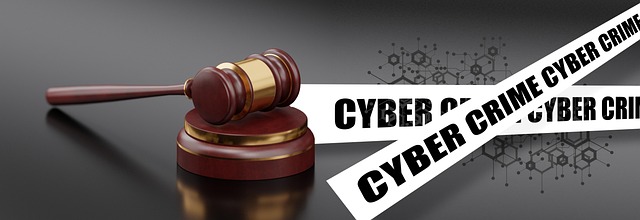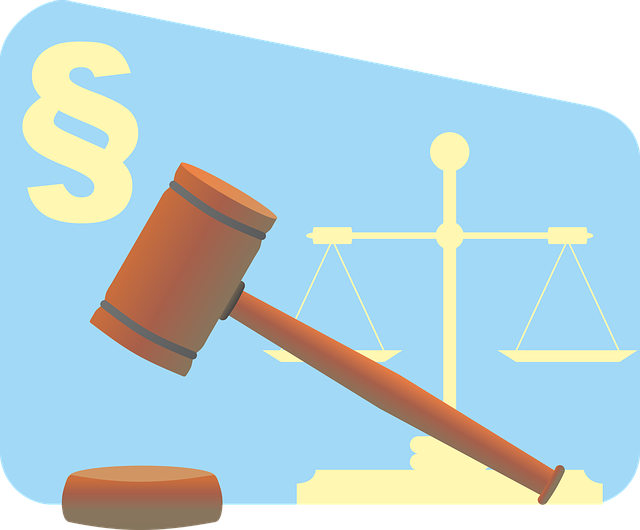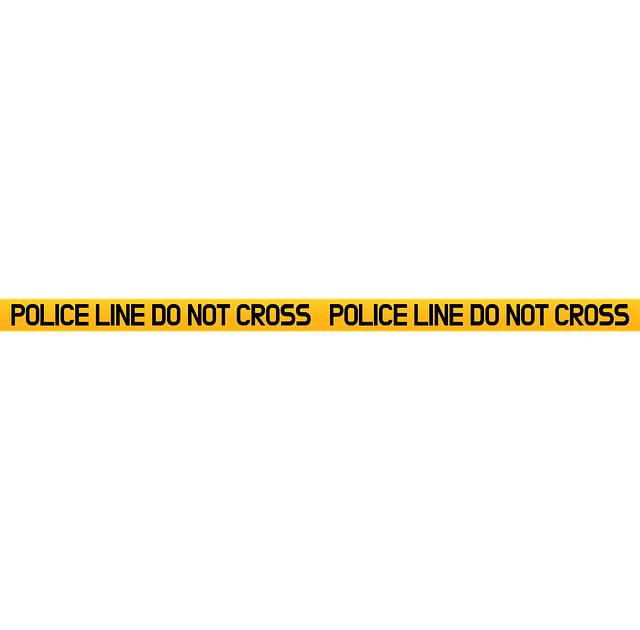Corporate crime investigations require a nuanced approach, distinct from individual defense, where Class Action Lawsuits versus Individual Lawsuits significantly shape outcomes. Class Actions, aggregating claims for collective redress, aim for larger monetary awards in systemic issues like data breaches or environmental damage. Individual Lawsuits offer broader compensatory damages but increase complexity and costs. Prosecutors balance multiple Class Action Lawsuit Vs Individual Lawsuit claims, managing data to identify misconduct patterns while corporations focus on preventive measures like internal controls and compliance programs to avoid indictment.
Corporate Crime Investigations: Unraveling Complex Fraud and Misconduct
In today’s business landscape, understanding corporate crime investigations is paramount. This comprehensive guide delves into the intricacies of these probes, focusing on strategies for detection, evidence gathering, and justice. We explore two key legal avenues: Class Action vs Individual Lawsuits, examining their impacts and implications on holding corporations accountable. By analyzing effective investigation tactics and prosecution outcomes, businesses and regulators can navigate this complex terrain, fostering integrity and deterring future misconduct.
- Understanding Corporate Crime Investigations: A Comprehensive Look
- Class Action vs Individual Lawsuits: Impact and Implications
- Strategies for Effective Corporate Crime Investigation and Prosecution
Understanding Corporate Crime Investigations: A Comprehensive Look

Understanding Corporate Crime Investigations involves a nuanced approach that distinguishes it from general criminal defense. While individual lawsuits target specific wrongdoings by employees or executives, a class action lawsuit Vs Individual Lawsuit presents a broader picture. It aggregates claims from numerous individuals affected by similar corporate misconduct, amplifying the potential impact and financial burden on the responsible entities. This collective action is particularly effective in addressing systemic issues within white collar and economic crimes, where the actions of one can reflect upon the integrity of the respective business.
Investigations into corporate crime encompass a complex web of legal, regulatory, and reputational considerations. Navigating these challenges requires a deep understanding of not just the underlying criminal statutes but also the unique dynamics of each business. Investigatory agencies must sift through financial records, digital footprints, and intricate corporate structures to uncover evidence of fraud, embezzlement, or other financial misdeeds. The goal is not merely to penalize offenders but to deter future misconduct by reinforcing robust internal controls and fostering a culture of ethical conduct within the respective business.
Class Action vs Individual Lawsuits: Impact and Implications

When it comes to corporate crime investigations, the choice between a Class Action Lawsuit and Individual Lawsuits holds significant impact on the outcome and implications. While both serve to hold corporations accountable for illegal activities, they differ greatly in scope and potential outcomes. Class Action Lawsuits aggregate claims from numerous individuals affected by a single corporate misconduct, aiming for collective redress and larger monetary awards. This approach has proven effective in achieving extraordinary results, particularly when dealing with widespread violations like data breaches or environmental damage.
On the other hand, Individual Lawsuits focus on the experiences of specific plaintiffs, tailored to their unique circumstances. While this may result in a broader range of compensatory damages for each plaintiff, it also increases legal complexity and costs. Historically, corporations have often settled these cases due to their unprecedented track record of successful outcomes in jury trials, ensuring strategic resolutions that mitigate potential reputational damage while acknowledging the harm caused to individual victims.
Strategies for Effective Corporate Crime Investigation and Prosecution

In the realm of corporate crime investigations, a strategic approach is paramount to effective prosecution. A key distinction between handling such cases and regular criminal inquiries lies in balancing the needs of both class action lawsuits and individual lawsuits. For prosecutors, managing multiple plaintiff claims in a class action lawsuit requires careful consideration to ensure fairness and consistency. This strategy involves meticulous data analysis to identify patterns of misconduct, which can be challenging given the diverse nature of corporate crimes, from fraud to environmental violations.
Moreover, when navigating white collar defense, it’s crucial to avoid indictment by focusing on proactive measures. Instead of merely reacting to legal challenges, corporations and their corporate and individual clients should implement robust internal controls and compliance programs. These preventive strategies not only mitigate the risk of criminal liability but also demonstrate a commitment to ethical conduct, potentially reducing penalties if an investigation arises. Effective investigation strategies thus blend aggressive pursuit of justice with a nuanced understanding of corporate dynamics, ensuring that justice is served while avoiding undue indictment.
Corporate crime investigations require a balanced approach that considers both individual and class action lawsuits. While individual actions shed light on specific cases, class action lawsuits have the potential to expose systemic issues and secure substantial remedies for affected parties. By employing effective investigation strategies, prosecutors can navigate these complexities, ensuring justice is served and deterring future misconduct. This comprehensive exploration highlights the importance of understanding the dynamics between these legal approaches in combating corporate crime.






